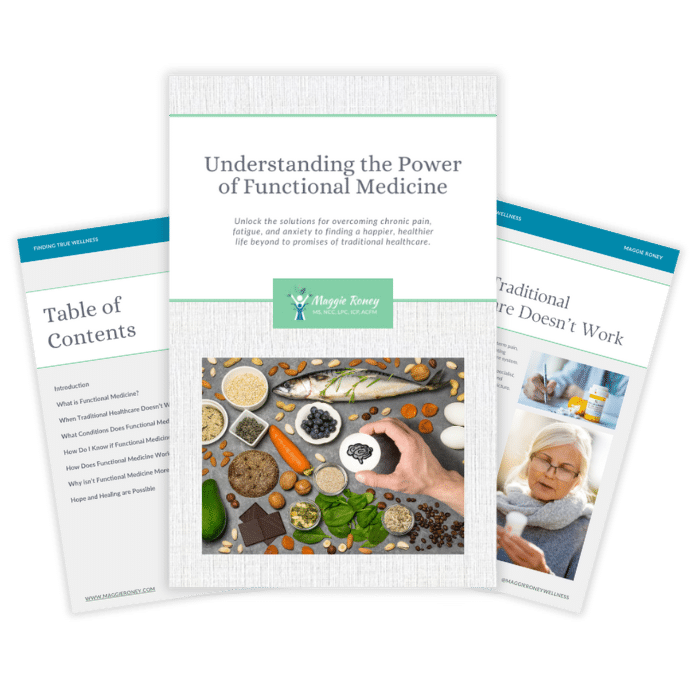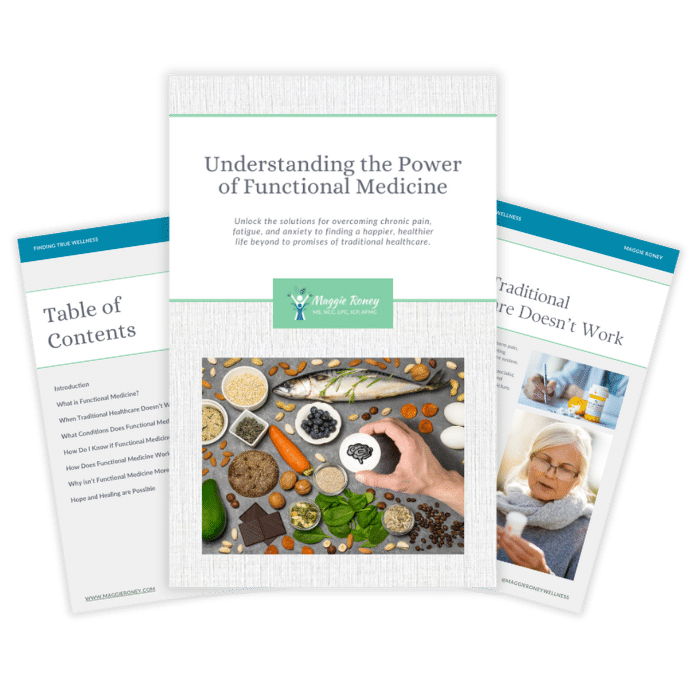In the realm of healthcare, there are two distinct paradigms: Functional Medicine and Traditional Medicine. Both offer pathways to healing, but they diverge in their approaches and philosophies. In this article, we will delve into the world of Functional Medicine and Traditional Medicine, shedding light on their differences, strengths, and how you can choose the right path for your health..
What is Functional Medicine?
Unlike traditional medicine, which often focuses on treating symptoms, functional medicine aims to address the root cause of illness. By understanding the unique genetic makeup, lifestyle, and environmental factors influencing each individual, functional medicine offers personalized treatment plans designed to promote optimal health and prevent disease.
Rather than merely addressing symptoms, Functional Medicine practitioners aim to understand the interconnectedness of the body’s systems and how they influence health.
The Core Principles of Functional Medicine
- Biochemical Individuality: Each patient is unique, and their treatment should reflect their individual needs and genetic makeup.
- Patient-Centered Care: The patient plays an active role in their healing journey, working collaboratively with the practitioner.
- Holistic Perspective: Functional Medicine considers the body as a whole, emphasizing the importance of nutrition, lifestyle, and environmental factors.
- Prevention-Oriented: Preventing illness is as important as treating it, and Functional Medicine places a strong emphasis on preventive measures.
Key Strengths of Functional Medicine
- Root Cause Investigation: Functional Medicine practitioners invest time in uncovering the underlying causes of health issues, aiming for long-term solutions rather than quick fixes.
- Personalized Treatment: Patients receive individualized care tailored to their unique needs, enhancing the likelihood of successful outcomes.
- Lifestyle and Nutrition Focus: A significant emphasis on nutrition and lifestyle modifications can lead to sustainable improvements in health.
Traditional Medicine: The Conventional Approach
Traditional Medicine, often referred to as conventional or allopathic medicine, is the mainstream medical system practiced by healthcare providers worldwide. It is characterized by the use of pharmaceuticals, surgery, and therapies to alleviate symptoms.
Key Features of Traditional Medicine
- Evidence-Based: Traditional Medicine relies on clinical trials to establish treatment protocols.
- Specialization: Healthcare providers in this paradigm often specialize in specific areas, such as cardiology, neurology, or surgery.
- Pharmaceutical Interventions: Prescription medications and surgical procedures are common methods for managing health conditions.
Comparing Traditional Medicine and Functional Medicine
Traditional Medicine:
- Pros: Effective for acute illnesses, immediate symptom relief, widely accepted and practiced.
- Cons: Often fails to address chronic conditions, focuses on symptom management rather than root causes, can lead to dependency on medication.
Functional Medicine:
- Pros: Addresses the root cause of illness, considers lifestyle and environmental factors, promotes overall wellness, effective for managing chronic conditions.
- Cons: Can be costly, not as widely recognized or understood, may require significant lifestyle changes.
Conclusion: Paving the Way to True Healing
In the quest for true healing, Functional Medicine and Traditional Medicine each offer valuable contributions. Functional Medicine’s emphasis on root cause investigation and holistic wellness complements Traditional Medicine’s strength in acute care and advanced medical technology. By recognizing the strengths of both paradigms and embracing a more effective approach, patients can access a broader spectrum of healthcare options, tailored to their unique needs.
True healing transcends a one-size-fits-all approach; it encompasses personalized care, preventive measures, and a profound understanding of the body’s interconnected systems. Whether through Functional Medicine, Traditional Medicine, or a blend of both, the ultimate goal remains the same: restoring health and vitality to those seeking a path to wellness.
Remember that investing in your health now can save you from future medical expenses and improve your overall well-being.
Ready to learn more? Contact Maggie today to discover how functional medicine can help you live a healthier, happier life.




